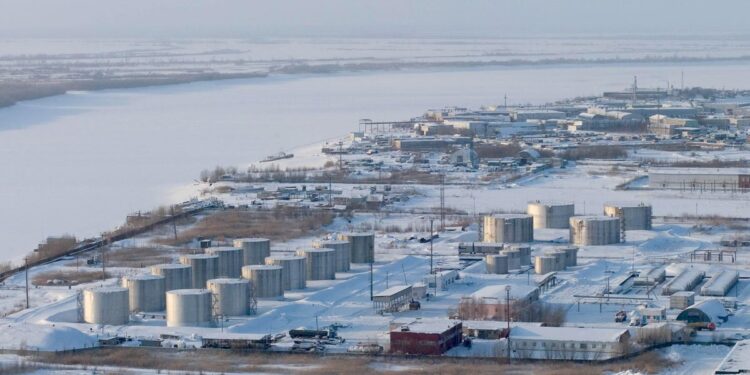When the Russian army left behind their raping and pillaging communities around Kyiv, but continued the complete demolition of cities like Mariupol, and the selected bombing of theaters (600 dead including children), and shelling of hospitals and railway stations, there was a biblical cry of anger that rose up from European countries in an orbit around Ukraine. And sanctions took a new direction.
Then “blood money” entered the discussion, when it was realized that oil and gas exports contribute 84% of Russia’s total export revenue. And that Europe buys roughly half their oil from Russia, to the tune of about $2/3 billion every day during the war period, while it was a bit less than $1/2 billion each day in 2021.
Outside Europe, the UK has committed to ending Russian oil imports (8%) by the end of 2022. The US has already completely banned oil (imports of 3%), gas, and coal from Russia.
Europe has just declared its sixth set of sanctions and banning imports of oil and gas represents a massive target.
The details.
The EU, as announced by Ursula von der Leyen, president of the European commission, will implement a ban on purchasing crude oil and petroleum liquids, such as diesel, from Russia by the end of 2022.
Oil is more critical than natural gas because oil and petroleum liquids amount to 74% of Russia’s export revenues, while gas is only 10%. To have the greatest effect, ban the oil now, yes, and ban the gas later.
The proposed plan is not final, as all 27 nations of the EU have to approve it. Hungary is unsure as it shares a boundary with Russia and gets about half its oil from them. The Czech Republic and Bulgaria want an exemption as they are unsure they can adapt to an oil ban. Slovakia gets almost all of its oil from Russia, and has requested a three-year transition rather than a ban by the end of 2022.
But these countries each import less than about 100,000 barrels of oil per day (bopd), so they are at the low end of countries listed in Figure 1. The top countries, Netherlands and Germany, each get over 525,000 bopd from Russia.
How much does the world depend on Russian oil?
German imports from Russia are down from 35% at the beginning of the war in Ukraine to 12% now. This illustrates the European need to scramble to find oil replacements.
But countries that can benefit from Europe’s ban on Russian oil include crude oil producers in western Africa and North America, and oil refiners in India.
European crude oil imports have increased by 500,000 bopd, 300,000 bopd, and 300,000 bopd from Africa, North America and the Middle East, respectively. In April, crude exports to Europe reached 1.7 million bopd from the US, the highest since 2016.
Diesel fuel is coming into Europe from refineries in the Middle East and India, to compensate for Russian slowdowns due to the war in Ukraine.
The EU would like to increase faster its renewable energies, such as wind power, but this takes time.
If the West bans their oil, Russia has threatened it would lead to “catastrophic consequences for the global market“. But the truth is, banning Russia’s crude oil and petroleum liquids would be a catastrophe for Russia because it represents 74% of Russia’s export revenues.
Without oil export revenues, the war atrocities in Ukraine might finish relatively quickly. Yes, the EU countries will have to scramble to replace the lost oil, but the decision announced by Ms von der Leyen is the right thing to do.











